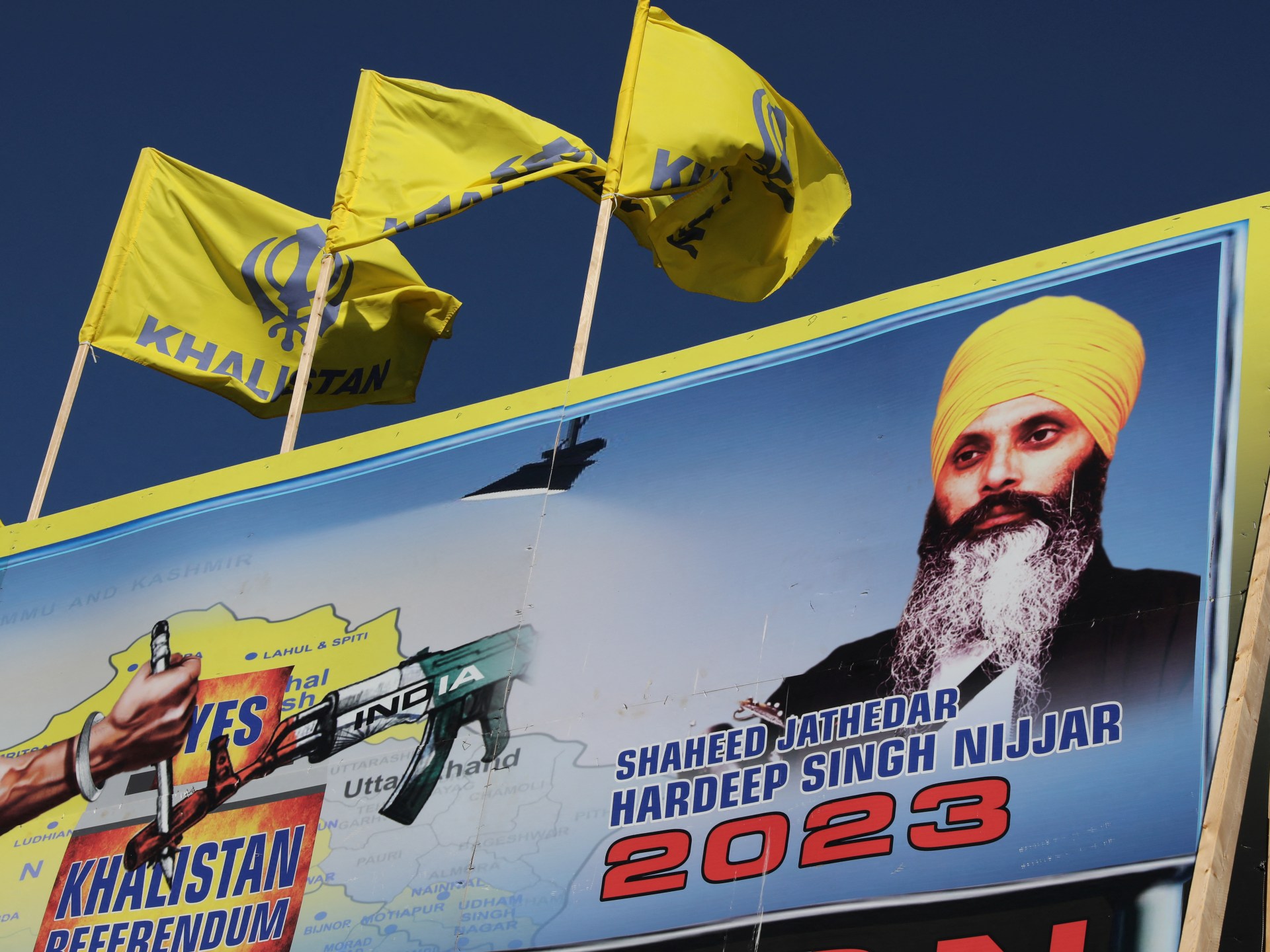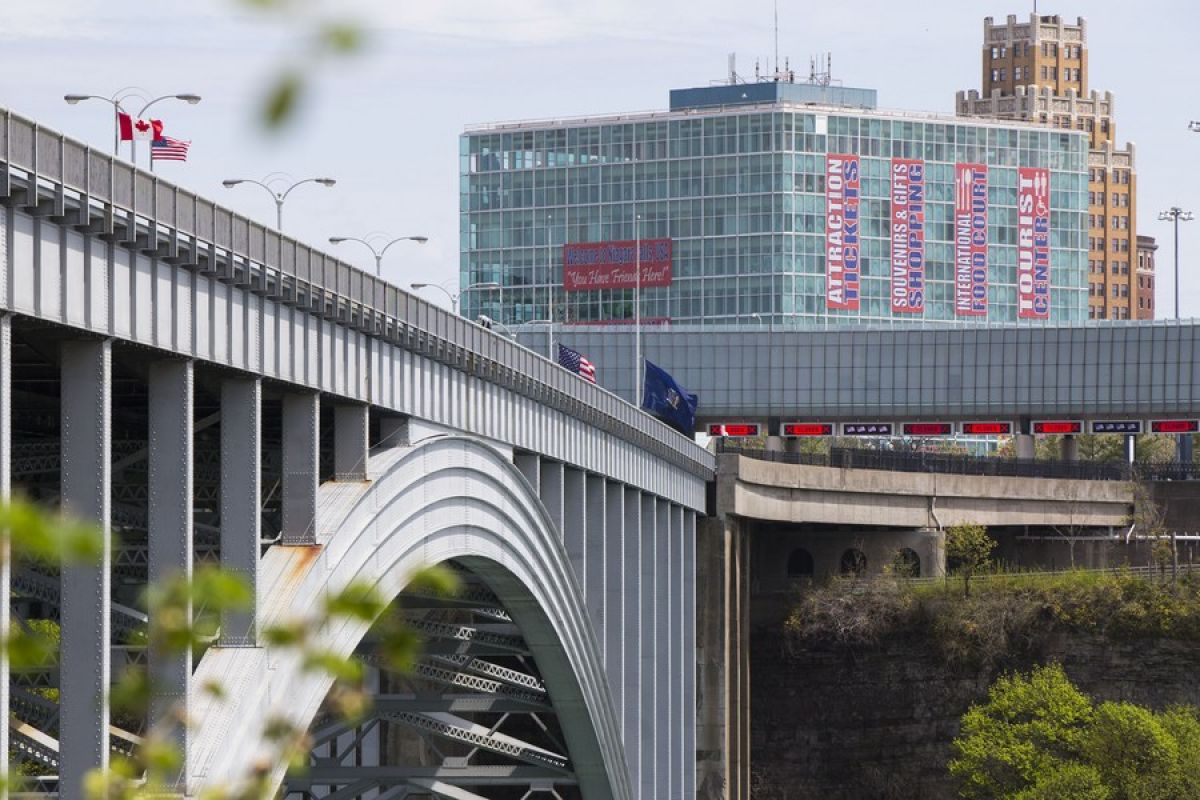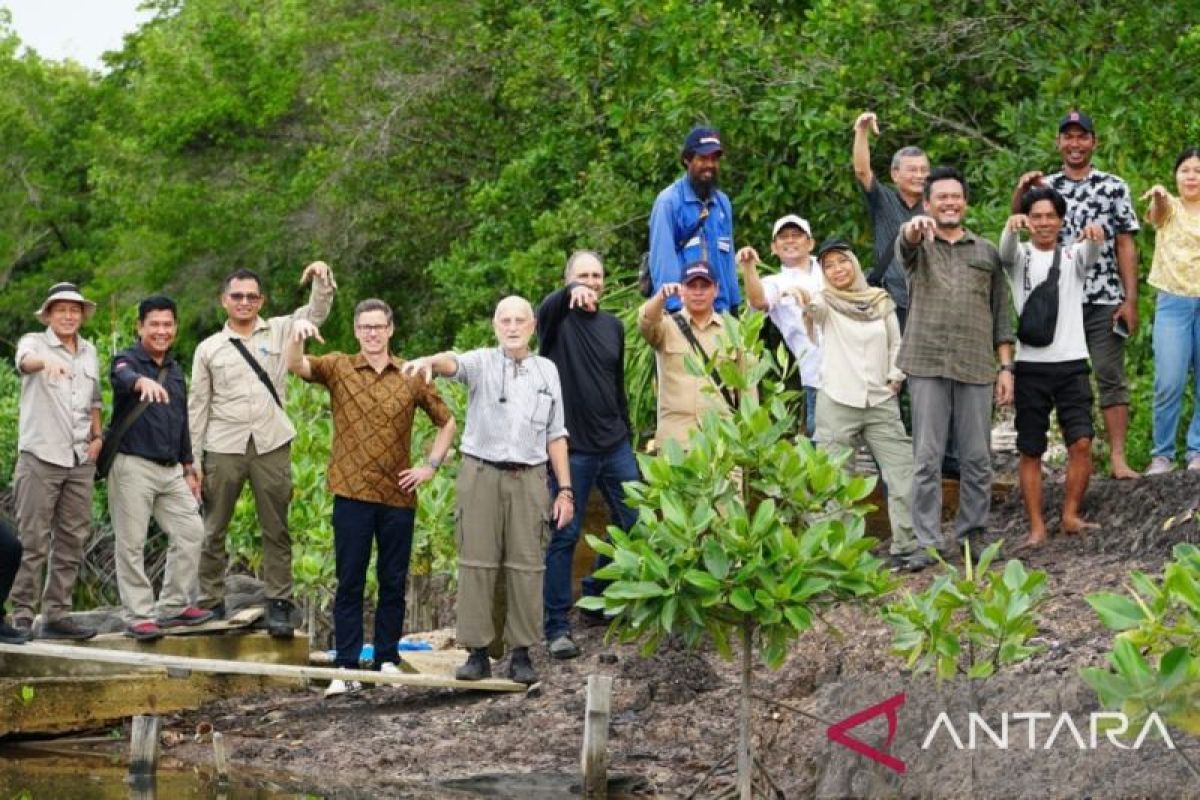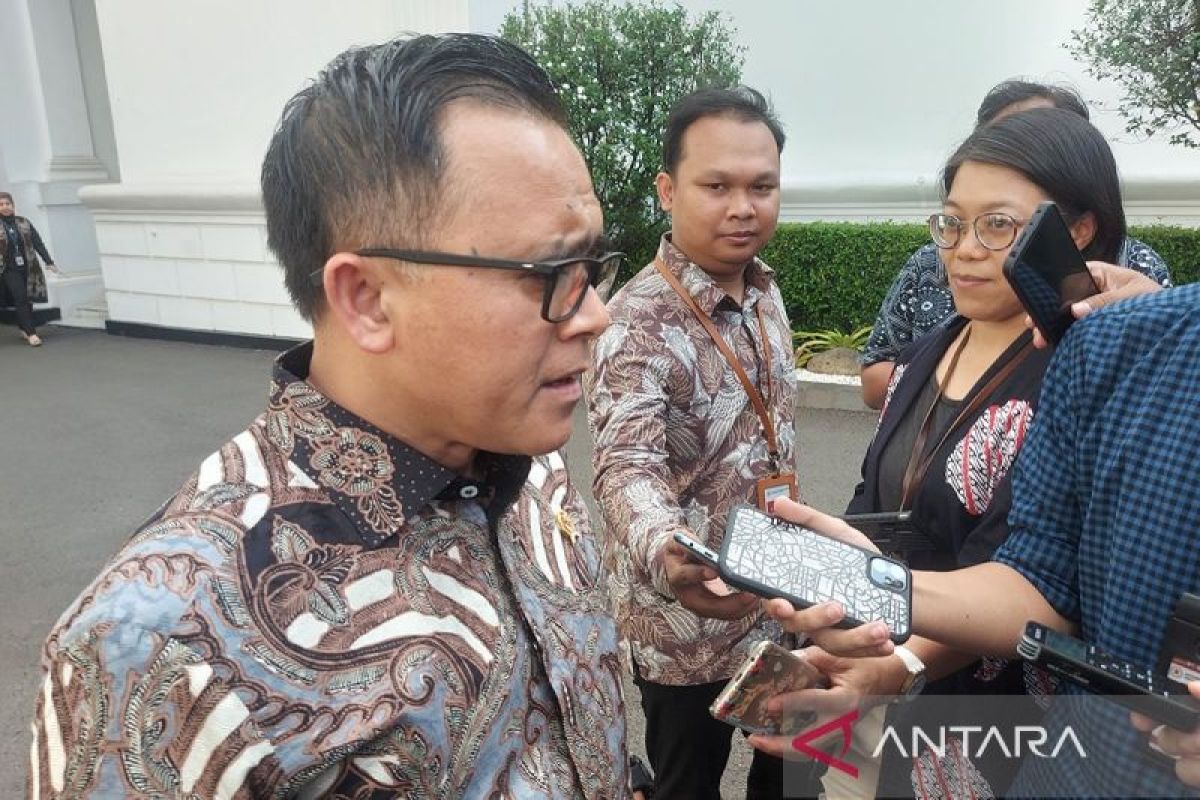In response to the Indian national's arrest, Trudeau acknowledged the fear within Canada's Sikh community, but insisted on “the rule of law.”
Canada's investigation into India's alleged involvement in the killing of a Sikh separatist in Vancouver last year was a “political imperative”, India's foreign minister said after the arrest of three Indians for this murder.
Canadian police arrested the trio on Friday for the murder of Hardeep Singh Nijjar, saying they were investigating their links to the Indian government, “if any.” He immigrated to Canada in 1997 and obtained citizenship 18 years later.
He is wanted by Indian authorities on suspicion of terrorism and conspiracy to commit murder, charges he denies. On June 18, 2023, he was shot and killed by an armed assailant in the parking lot of the Sikh temple he led in suburban Vancouver.
Nijjar's assassination put diplomatic relations between Ottawa and New Delhi on the brink last year after Canadian Prime Minister Justin Trudeau said there were “credible allegations” linking Indian intelligence to the crime.
India called the allegations “absurd,” temporarily suspending visa processing and forcing Canada to significantly reduce its diplomatic presence.
“It is their political duty in Canada to blame India,” Indian Foreign Minister Subrahmanyam Jaishankar said on Saturday, according to the Press Trust of India news agency.
New Delhi has been trying to convince Ottawa not to grant visas or political legitimacy to Sikh separatists, Jaishankar said, because they are “causing problems” for them. [Kanada]for us, and also for our relationship.
He added that Canada “has not shared evidence with us in some cases, [dan] The police are not cooperating with us either.
Jaishankar said India would wait for Canadian police to share information about the arrested men, adding that the suspects “appear to be Indians from a certain gang.”
“We have to wait for the police to tell us,” he said. “But, as I said, one of our concerns that we expressed to them is that they have allowed organized crime from India, particularly from Punjab, to operate in Canada.”
Three Indian nationals, all aged in their 20s, were arrested in Edmonton, the provincial capital of Alberta, on charges of first degree murder and conspiracy. They are accused of being the attacker, driver and guard in the murder last June. Canadian police said they were aware that “other people may have played a role” in the killing.
Meanwhile, Trudeau, speaking Saturday at an event in Toronto to celebrate Sikh heritage and culture, acknowledged that many Sikhs in Canada feel “uncomfortable, and maybe even afraid right now,” but encouraged confidence in the justice system.
“Let us remain calm and firm in our commitment to the principles of democracy and our justice system,” he said.
Trudeau said the arrests were “important because Canada is a rule-of-law country with a strong and independent justice system and a fundamental commitment to protecting all of its citizens.”
Nijjar advocated a separate Sikh state, known as Khalistan, carved out of India. Thousands of people died in the 1980s during the separatist movement suppressed by Indian security forces. The movement has largely faded in India, but in the Sikh diaspora – the largest community of which is in Canada, at around 770,000 people – support remains among a vocal minority.
India has repeatedly warned the governments of Canada, the United States and Britain that Sikh separatists were trying to return.
In November, the U.S. Department of Justice charged an Indian national living in the Czech Republic with planning a similar assassination attempt on U.S. soil.
A Washington Post investigation revealed last week that Indian foreign intelligence officials were involved in the plot, a claim New Delhi rejects.

“Typical zombieaholic. General twitter fanatic. Food fanatic. Gamer. Unapologetic analyst.”







